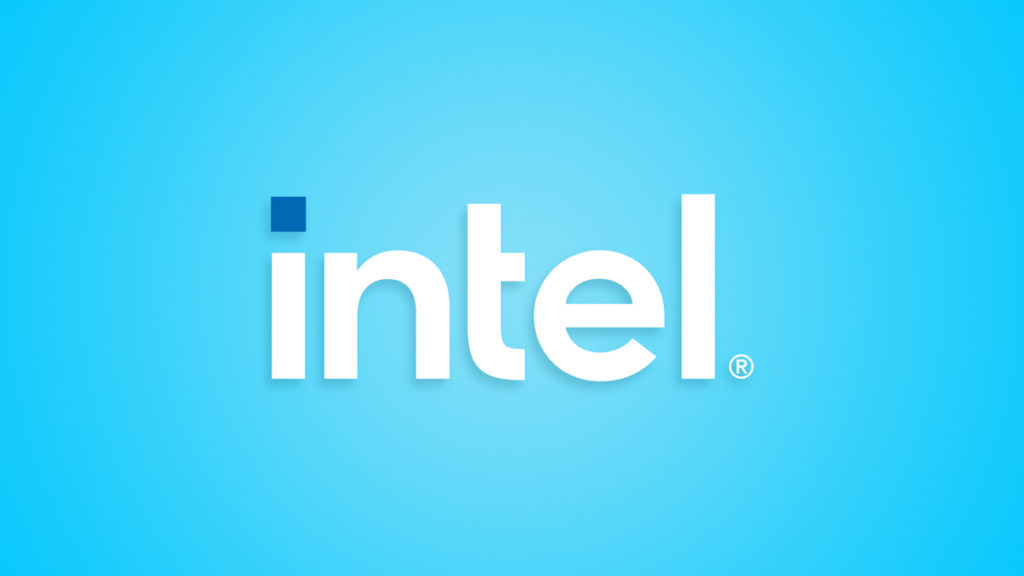- Joined
- May 6, 2019
- Messages
- 12,595
- Points
- 113
Image: Intel
Intel has confirmed its intention to eclipse TSMC as the world’s leading semiconductor company. The lofty goal was confirmed by newly cemented CEO Pat Gelsinger, who published a note to employees today explaining the fast-paced nature of today’s technology and how Intel was the only company in the world that was properly equipped to handle the challenges related to modern digital “superpowers” such as cloud, 5G, and artificial intelligence.
“Intel is the only semiconductor company that has the depth and breadth of intelligent silicon, platform, software, architecture, design, manufacturing and scale that our customers need to capitalize on these opportunities and fuel their next-generation innovations,” Gelsinger boasted in his note to the team.
“I am confident that we can be the...
Continue reading...
